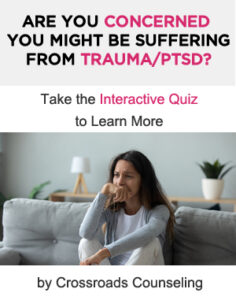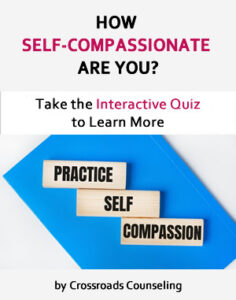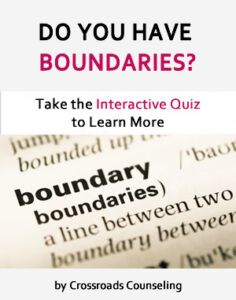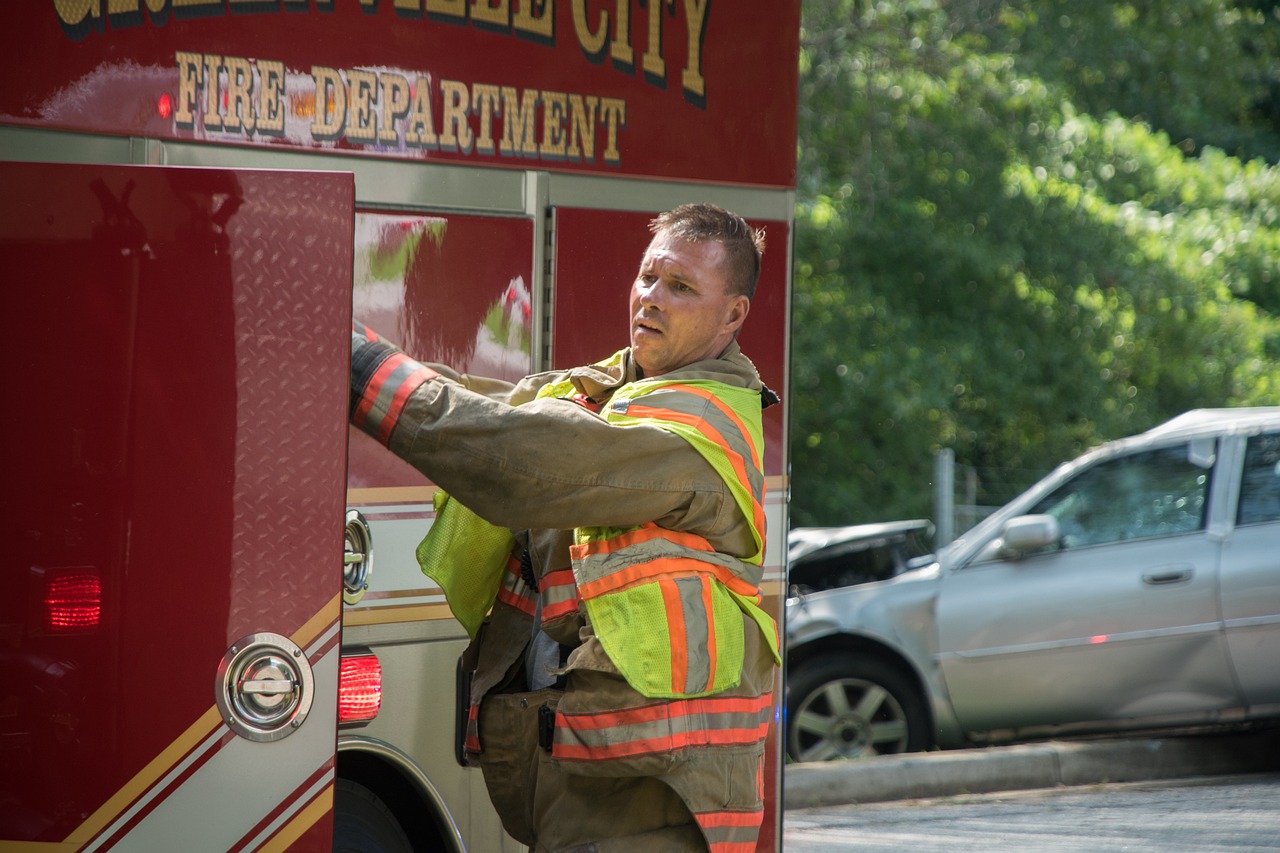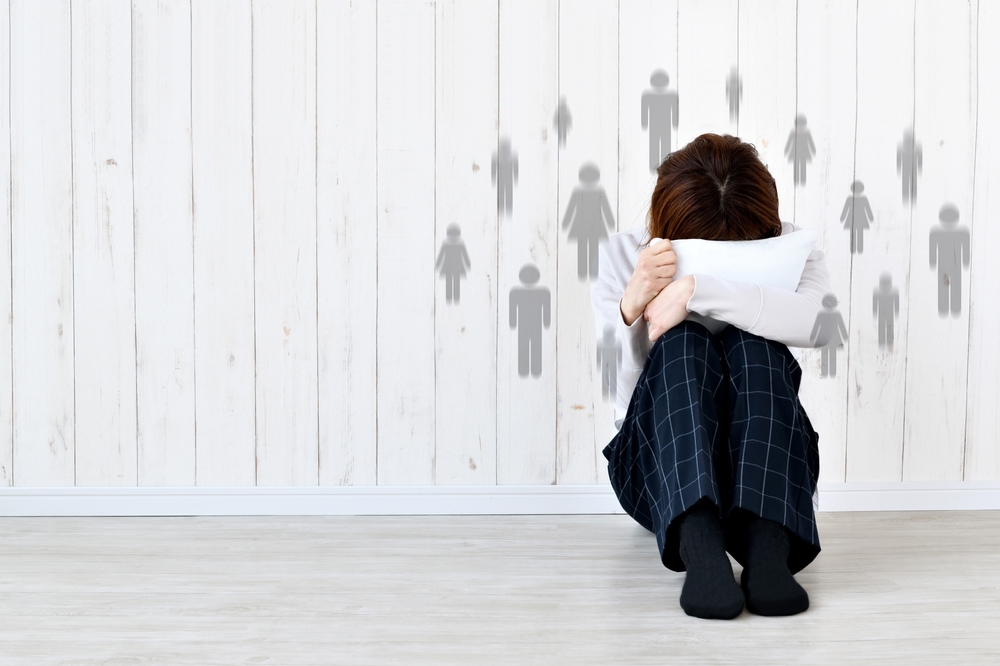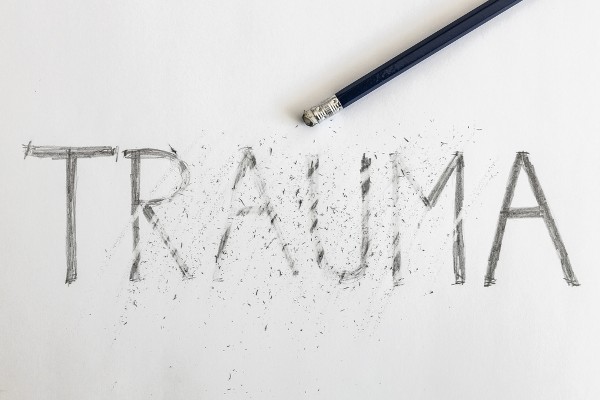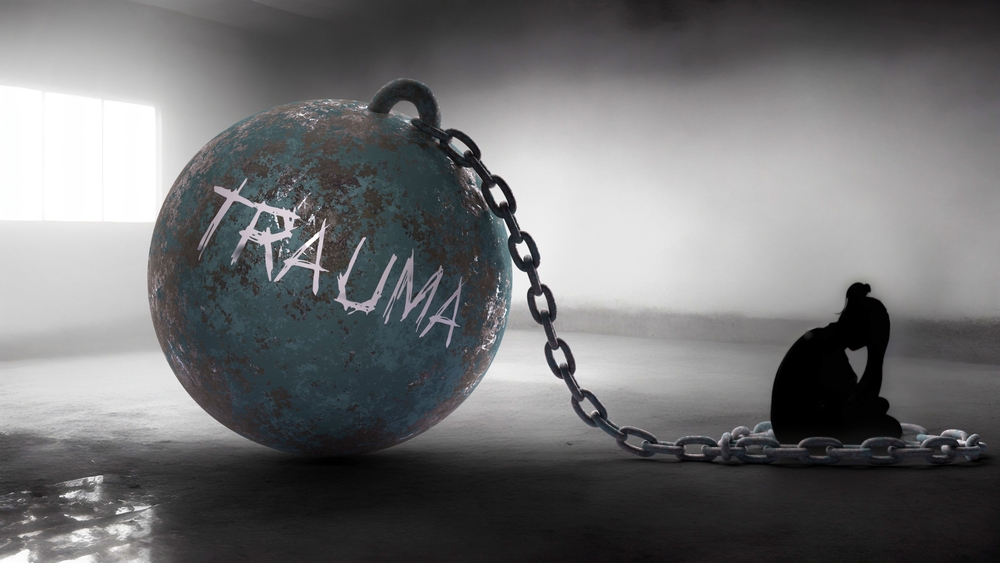Suffering from post-traumatic stress disorder (PTSD) can make breathing feel like the hardest task. It’s the fight-or-flight mode we go into when we are under stress. But the battle with PTSD doesn’t end when the stress is over.

But what is life like for the people who constantly live with PTSD?
Fight or Flight: The Constant Cycle
We’re all aware of the biological response our body has when we are experiencing stressful situations. As our bodies release hormones rapidly, we immediately feel the effects. Our hearts begin rapidly beating, we may tremble or shake, our skin turns pale or flushed, our breathing becomes heavier.
After the situation is over, our bodies will typically return to a normal state. Our breathing becomes steady, our heart rates beat normally; all is well again. Except for those who deal with PTSD.
Often accompanied with anxiety, there is a perceived danger every day. Everyday noises like a car backfiring or an ambulance wailing in the background can trigger the fight-or-flight response. It’s the body’s natural response to danger. But with PTSD this response happens with even the littlest triggers when there isn’t actually any real danger. So the body is kept in a state of constant hypervigilance.
Flashbacks
After a traumatic event, it is normal for people to experience a flashback. Taken back to the time that triggered the trauma, a PTSD sufferer is forced to relive the memory in vivid detail. Flashbacks can occur randomly or when there is a triggering experience or event. If a person was in a car accident because of snow, their minds may take them back to that day anytime there is snow on the road.
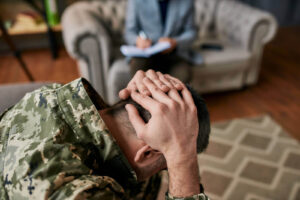
Sleeping Patterns Become Non-Existent
Suffering from PTSD often means sleep becomes a jumbled mess. Lying awake at night, exhausted, but unable to sleep—insomnia is common in those who went through a traumatic experience. If they do manage to sleep, a PTSD sufferer may experience nightmares or night terrors forcing them awake frequently.
This experience is different for everyone. While some may sleep too much, others may sleep too little. One night they may sleep for 12 hours straight, the next they are awake for 36. Traumatic events mess with sleep patterns and, thus, the body’s biggest chance to rest and heal. Without the appropriate amount of sleep, the mind and body can’t cope with trauma or stress in healthy ways.
Avoidance and Isolation
It’s human nature for us to avoid things we don’t want to do. But with PTSD, this is taken to the extreme. They try to avoid any triggering events at all costs. This may be avoiding large crowds, driving, or even certain people. So traumatic events can cause people to isolate themselves even further.
To avoid thinking about their trauma altogether, someone may keep themselves so busy so they don’t have to think about the event. This may work temporarily, but can have a negative effect in the long run.
Mental Health Becomes A Struggle
Dealing with PTSD can often mean struggling with other mental health issues. On top of anxiety from the traumatic event, it is normal for people to experience anxiety with everything else in their lives. From panic attacks that feel like a heart attack, to a complete fear of leaving the house, anxiety can cripple someone who has PTSD.

—
These are just a few ways that living with PTSD can cause daily stress. You can read more about our approach to PTSD/trauma such as EMDR click here. If you are ready to finally get relief please contact us for a 20-minute complementary phone consultation with a PTSD therapist.
Begin Trauma Therapy in Phoenix, Scottsdale, and Online in all of Arizona
The challenges PTSD throws your way can feel overwhelming at times. Our team of therapists are happy to offer support across Arizona and have offices located throughout the Valley of the Sun. These include Phoenix, Anthem, Online in Arizona, and Scottsdale. You don’t have to struggle with the symptoms of PTSD alone. To start your therapy journey with Crossroads Counseling, please follow these simple steps:
- Contact Crossroads Counseling
- Meet with a trauma therapist near you
- Start coping with PTSD more healthily.
Contact us at 623-680-3486,text 623-688-5115, or email info@crossroadsfcc.com. We offer a variety of mental health support options both in-person and online across the state.
If you are in need of intensive trauma therapy click here to learn more about the Beyond Trauma Intensive Counseling Program.

